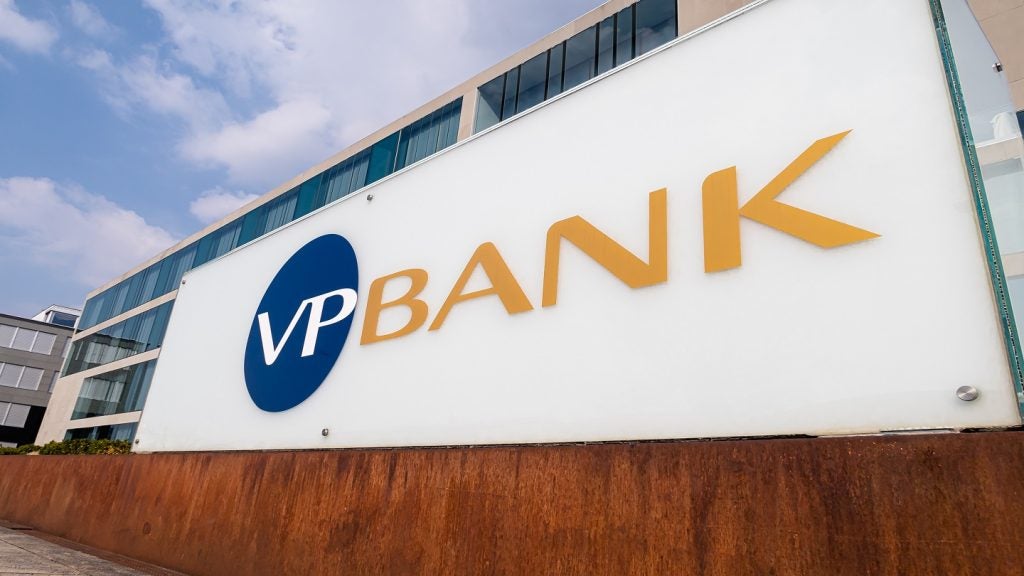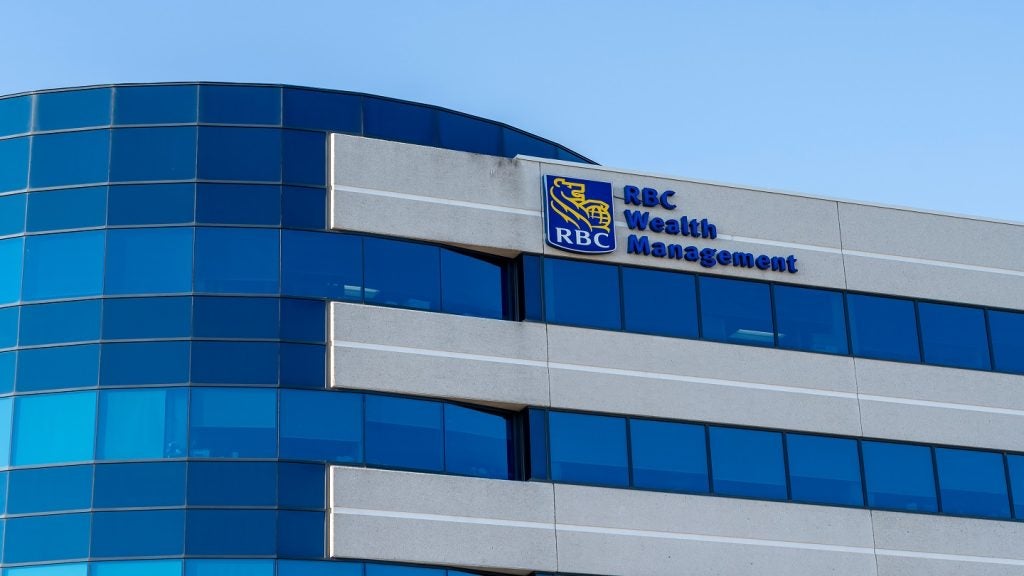
There is a perception that there has been a lot of merger and
acquisition activity recently in private banking, but this is
not necessarily backed up by the facts.
The number of transactions are not in excess
of normal levels, but people have become more aware of the deals
because the names involved have been familiar – the likes of
Kleinwort Benson or ING for example. These have largely been
obligatory disposals by the owners. Because of regulatory
restructuring decisions by their domestic governments, this is
almost without exception the case: the likes of Kleinwort Benson,
Dresdner, ING and so-on. There are two primary factors which are
preventing private banks taking advantage of cheap prices.
• Capital constraints: the majority
of institutions are in the same situation, just about recovering
from their own financial crisis, or having just repaid their
government debts. They cannot be seen going around buying other
banks so soon. Some banks are talking brazenly about making
acquisitions, but in reality they are not yet in a position to do
that because they are only just beginning their recoveries
themselves.
• Lack of quality acquisition
targets: there is no absolute financial attractiveness for many of
the companies on offer. It is true, you can’t go much below zero
(in terms of goodwill relative to book value) to motivate potential
buyers. But the quality of several of the objects put on the market
do not reflect prized assets in the sense of pure play private
banks. That does not mean they are full of fraud or corruption, but
they do tend to have unquantifiable challenges of some kind or
another.
In Switzerland there are acquisition risks;
there is a banking secrecy crisis, and some banks contain unknown
levels of undeclared funds. The whole world is attacking every
offshore centre for a lack of transparency, so it does not make
sense to pile up even more undeclared funds in your private
bank.
Pure onshore, clean, highly profitable
businesses – and this is not to denigrate the people that were
running other banks – these types of banks are not those which have
become available for sale.
That is why people have not been obtaining
high prices for the sales. In domestic markets, the main
consolidators are likely to be other domestic businesses.
Internationally, consolidators are likely to be the medium-sized
banks that already have overseas operations – the likes of Julius
Baer, Vontobel and some of the Swiss cantonal banks that are big
enough to do it. But I would predict there will be fewer and fewer
buyers for these businesses.
You hear big groups talking about making
acquisitions and frankly I think its premature. Many must have
spent significant resources examining various files and looking at
banks for sale but in the end it will be hard for them to explain
to their shareholders why they are buying portfolios which
potentially contain undeclared money in the current
environment.
I think, yes, they talk like that and they are
genuine. I think the buyers are themselves good banks, but doing
something in the short term is pretty unlikely. There are a few
local Swiss banks available on the market and they are sub-scale
and are likely to be picked up by miscellaneous people – most
likely newcomers or people who want an existing platform to save
time applying for a licence.
So it is not yet a hugely commercially based
consolidation-led M&A market. In the second round, when all of
this government-inspired activity subsides and the banks have
recovered, which I expect to happen in the next three to six
months, more commercial reasons for sales will return.’
<
Ray Soudah is a founder of
Millenium Associates, the international private banking M&A
specialist based in Switzerland.







